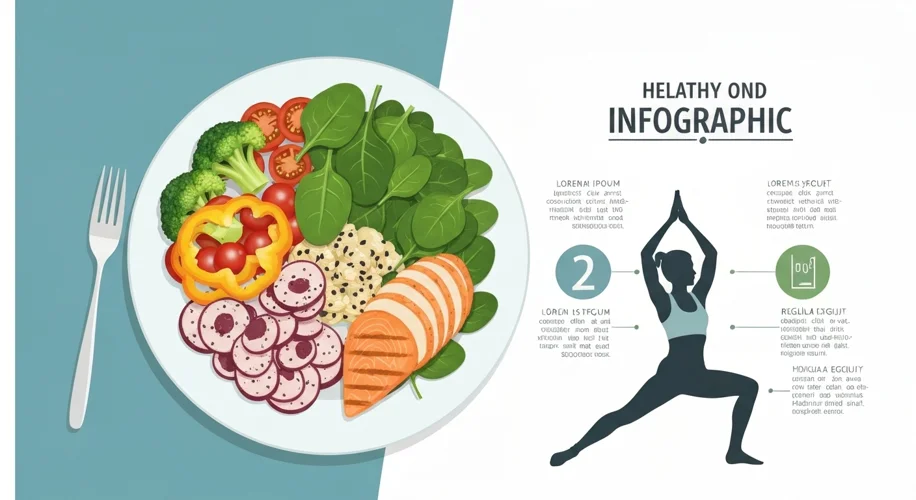You know, we often hear the advice: “Just move more!” And yes, exercise is incredibly important for our health. But what if I told you that when it comes to the complex issue of obesity, the focus on exercise might be overshadowing the real heavyweight champion: diet?
New insights from data collected by the International Atomic Energy Agency (IAEA) are shedding light on this. These aren’t just casual observations; we’re talking about scientific data that can help us understand our bodies and health on a deeper level.
For years, the narrative has been simple: burn more calories than you consume. While not entirely wrong, this equation misses a crucial nuance. The IAEA’s nutrition database, which uses advanced techniques to measure things like body composition and metabolic rates, is pointing towards diet as the primary driver of weight gain and obesity. This isn’t about shaming or blaming; it’s about understanding the science so we can make more informed choices.
Think about it. We can spend hours at the gym, but if our dietary habits are consistently high in processed foods, sugary drinks, and unhealthy fats, we’re fighting an uphill battle. Our bodies are incredibly complex systems, and what we fuel them with has a direct impact on how they function, store energy, and maintain a healthy weight.
What this research suggests is that the quality and quantity of the food we eat directly influence our metabolism and our body’s ability to regulate weight. It’s about understanding that not all calories are created equal, and that certain dietary patterns can promote fat storage regardless of how much we exercise.
This is why I’m so passionate about looking at the science behind our health. It empowers us to cut through the noise and focus on what truly makes a difference. The IAEA’s work reminds us that while exercise is a vital component of a healthy lifestyle, it might not be the primary solution for tackling the obesity epidemic. The real change, it seems, starts on our plates.
So, next time you’re thinking about your health goals, remember this: what you eat matters, perhaps even more than how much you move. Let’s start focusing on nourishing our bodies with the right foods, and perhaps we’ll see a significant shift in our collective health.

